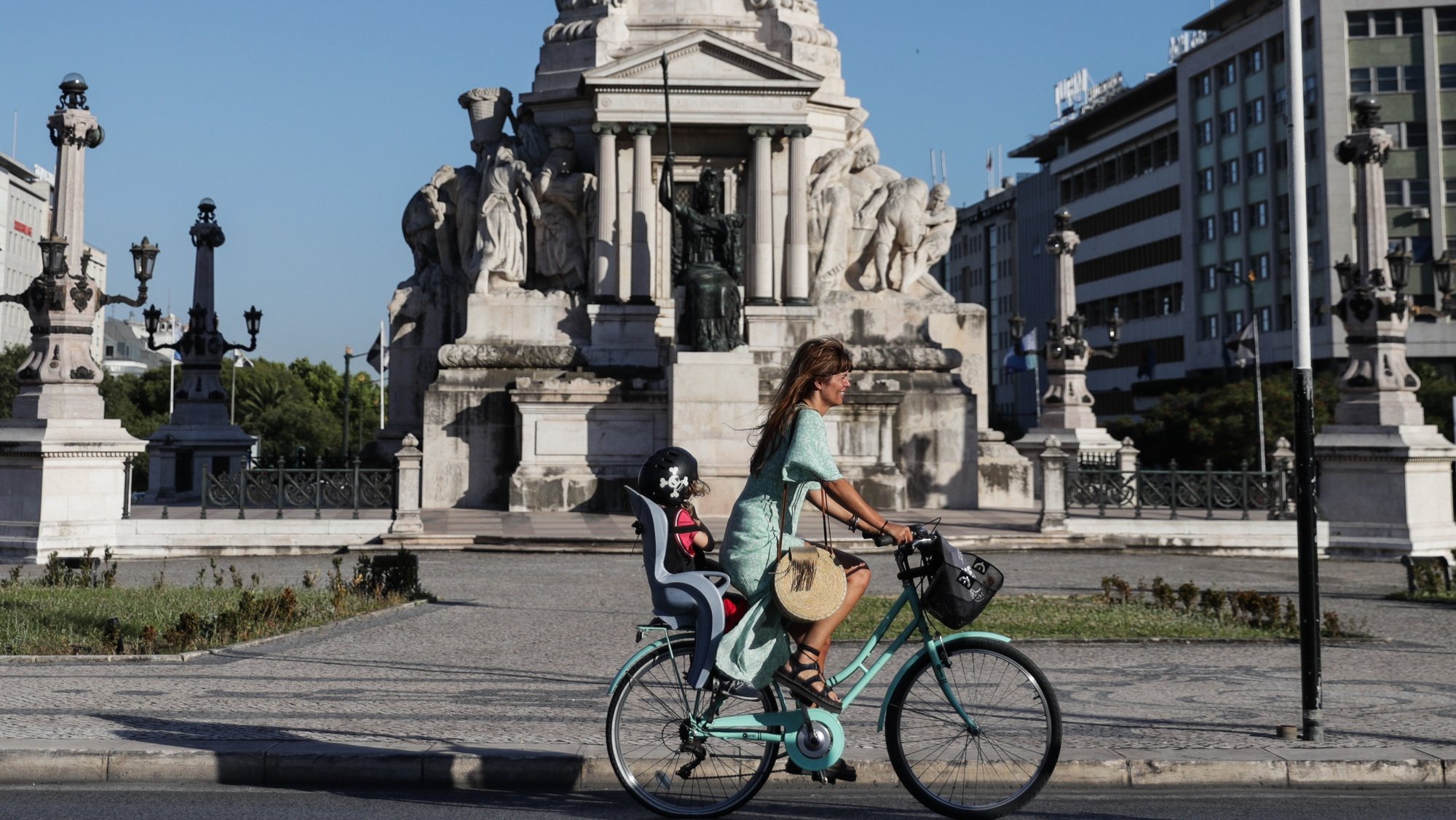
The National Strategy for Active Pedestrian Mobility 2030, approved this Thursday by the Government, aims to reduce sedentary lifestyles in the country by 15% by the end of the decade, the Secretary of State for Urban Mobility said on Thursday.
Jorge Delgado, in statements to the Lusa agency, specified that it is intended that the rate of sedentary lifestyle, which in 2020 was 46% (General Directorate of Health), can be reduced between 2024, 2027 and 2030, respectively, by five, 10 and fifteen %.
The strategy approved this Thursday also sets goals for pedestrian mobility quotas, which fell from 25% in 2000 to 16% in 2011. “We want to reach 2030 with a pedestrian quota of 35%,” said the Secretary of State.
The National Strategy for Active Pedestrian Mobility 2030 (ENMAP) was widely approved and now goes to public consultationwaiting for Jorge Delgado to be definitively approved at the end of the year.
In addition to developing plans and creating measures to encourage walking, the strategy complements another that already exists, active cycling mobility.
According to the Secretary of State, the document approved this Thursday involves various areas of government, “with measures ranging from legislative measures, in terms of road safety, related to education, with investments in infrastructure to improve cities and their characteristics so that they are more pedestrianized, and fiscal measures“.
Jorge Delgado considered that in most cities the car has gained “excessive prominence”, to which the cities have adapted, so it is this trend that must be reversed.
“We will only be able to get cars out of the cities to the extent that we are able to offer an efficient alternative,” which implies efficient public transport, which has to be complemented with the last leg of the trip, the official said, adding that the cities need to “develop sustainable urban mobility plans”.
Jorge Delgado was speaking with Lusa at the end of the signing ceremony this Thursday, at the Ministry of the Environment, of the contracts related to the tender for the financing of 250 electric buses and seven hydrogen buses for the metropolitan areas of Lisbon and Porto. Of the 18 requests received by the Government, seven will be financed, with execution expected at the end of next year.
At the time, the Minister of the Environment and Climate Action, Duarte Cordeiro, reaffirmed that in just over five years the public transport road fleets were renewed with more than 1,100 buses with high environmental performance.
Source: Observadora